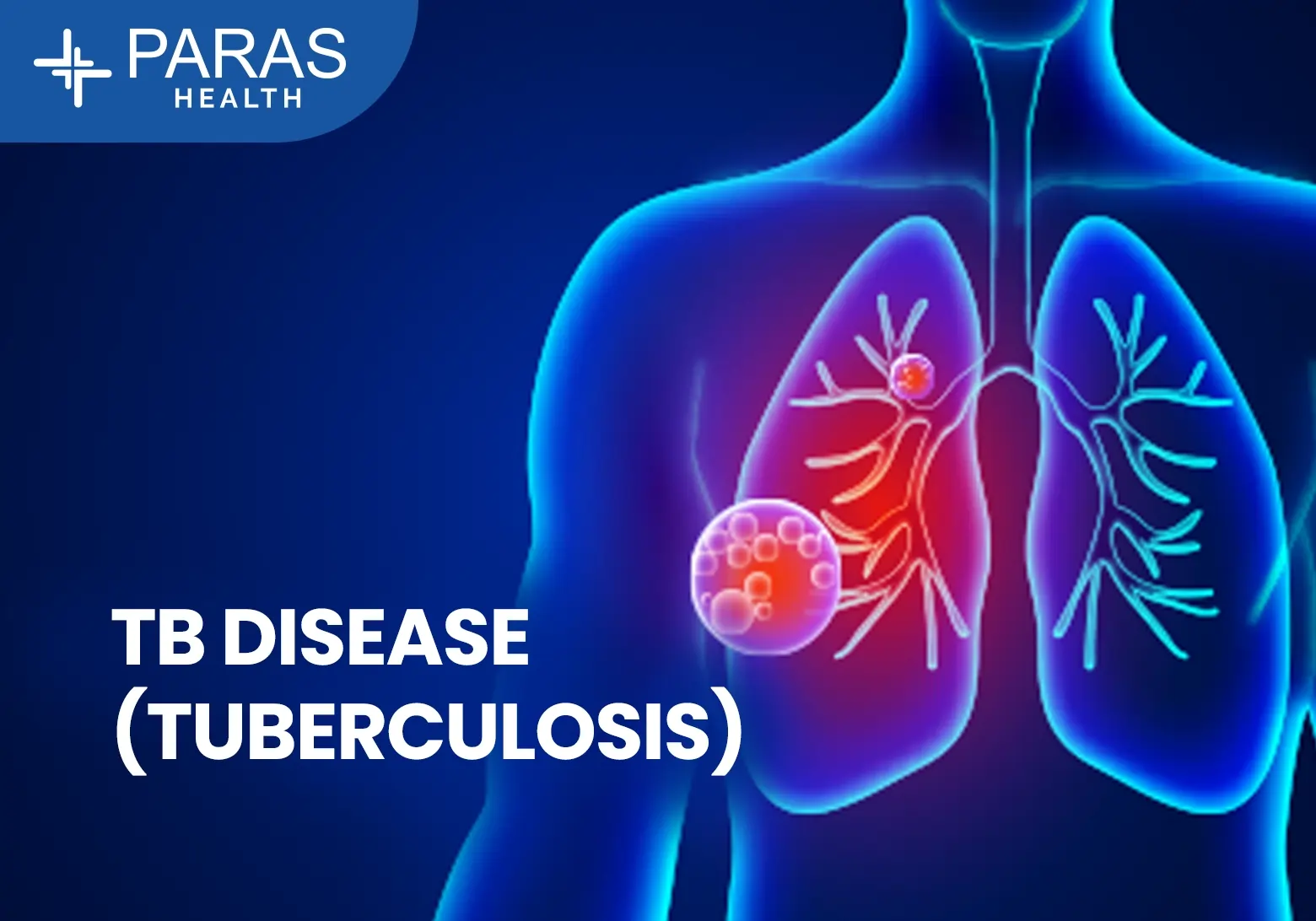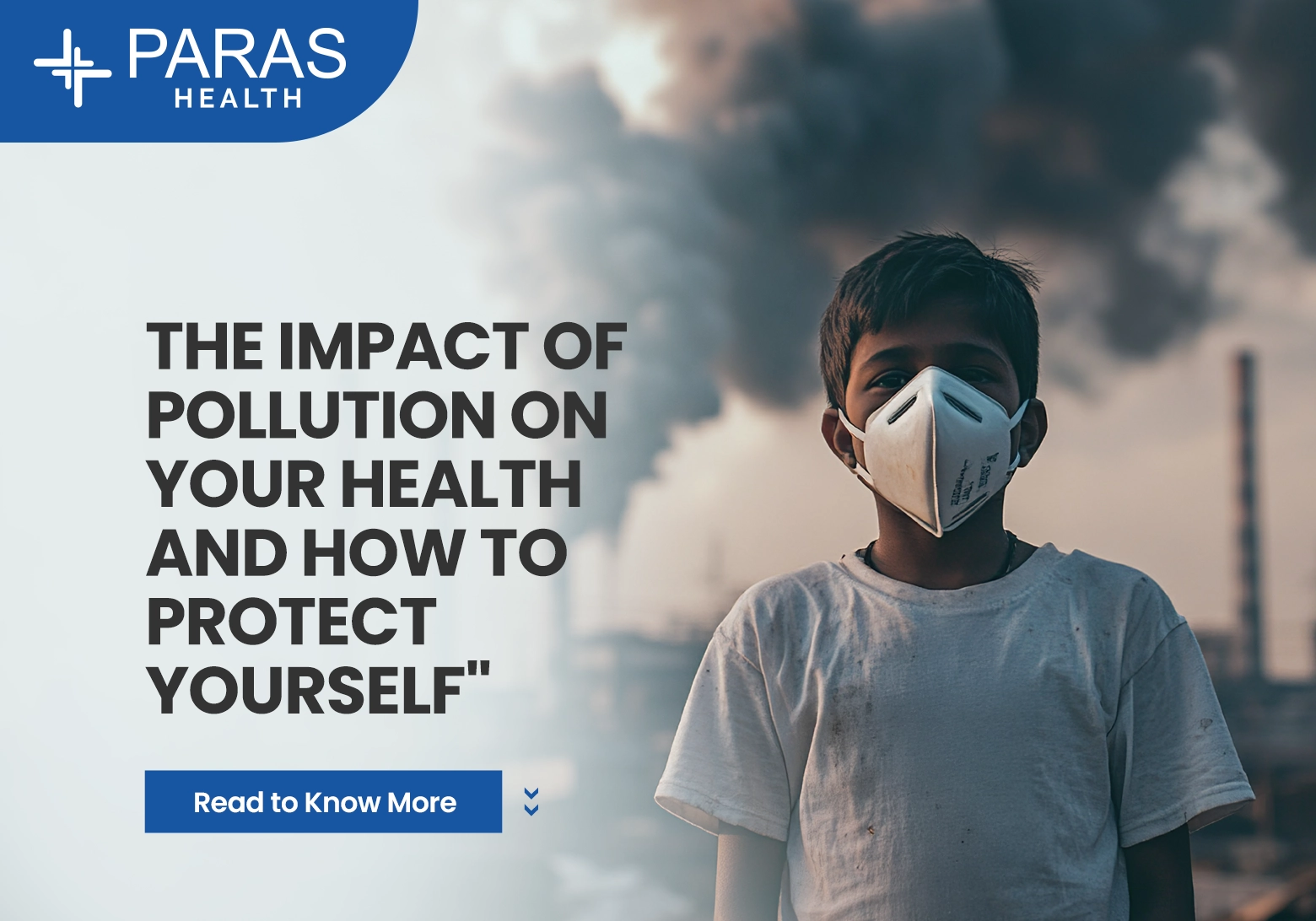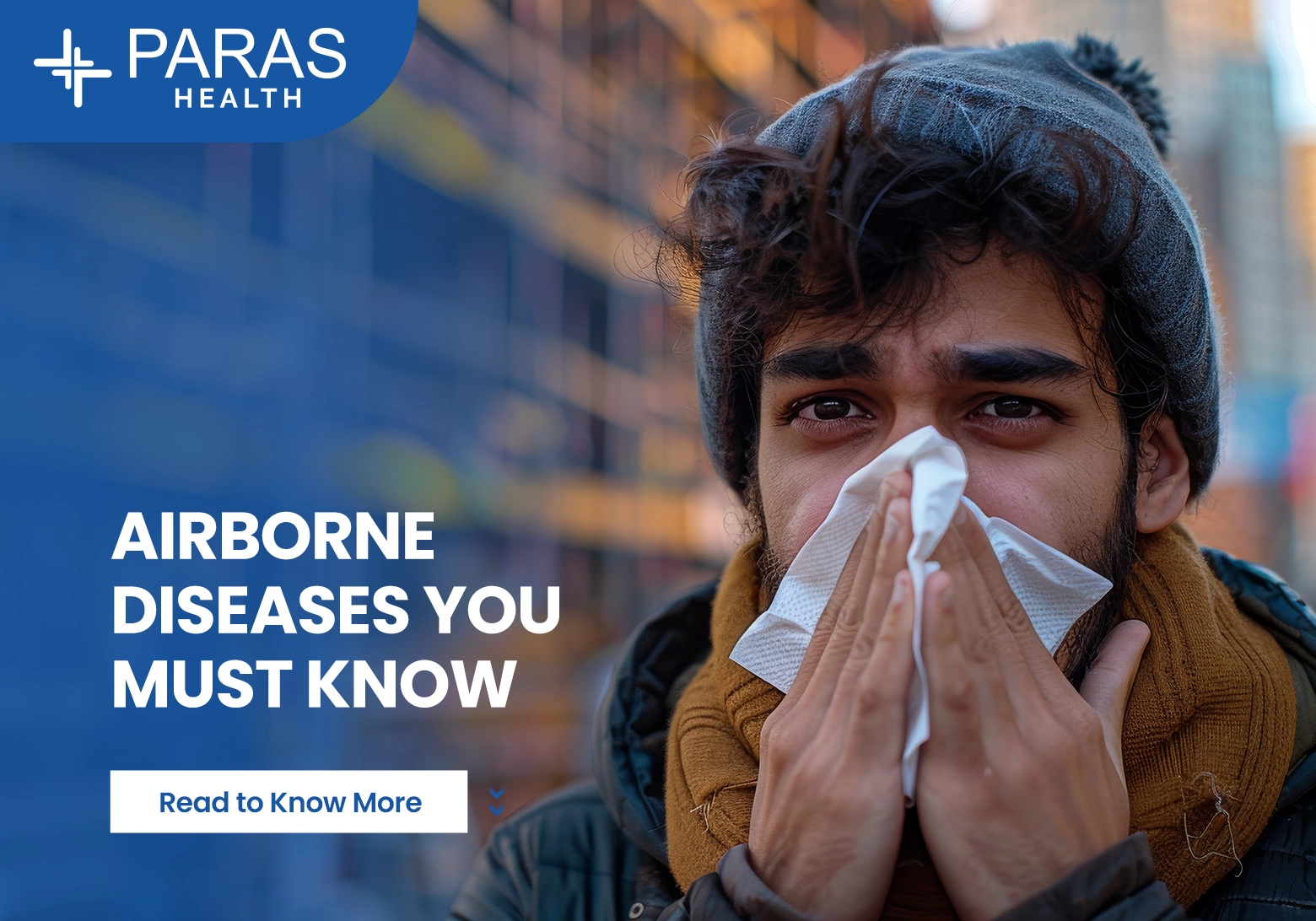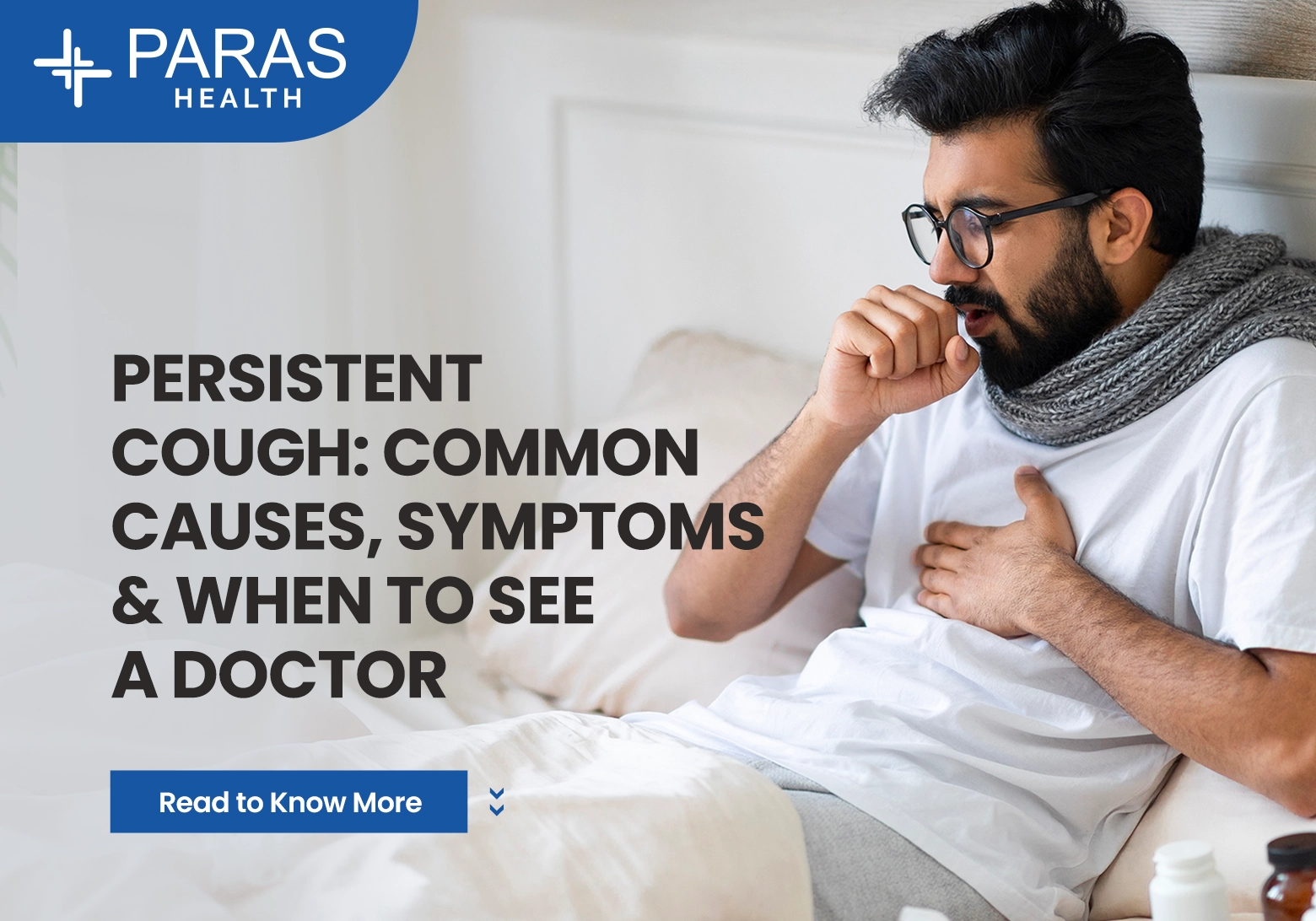Understanding HMPV: Everything You Need to Know
Jan 21, 2025
For respiratory illnesses we think often of familiar suspects, such as the flu or RSV. But, there’s another virus that’s been silently affecting lives: Human Metapneumovirus (HMPV). HMPV is still underrecognized despite its relative commonness. Read on for more about what HMPV is, the symptoms and risks it poses, and how to help yourself and your family avoid its effects.
Is HMPV More Than a Cold?
If you’ve had a lingering cough, runny nose or fever recently and thought you were just catching a cold, you may have met Human Metapneumovirus (HMPV). Although it has similar symptoms to the common cold, HMPV can come on stronger — especially for vulnerable populations. This under-the-radar respiratory virus merits more scrutiny than it often receives.
How Often Does HMPV Occur?
HMPV is surprisingly common. Almost everyone has been exposed to HMPV by the age of 5, research shows. Though widespread in young children, it’s also particularly problematic for older adults and those with weakened immune systems. A study from around the world found that HMPV accounts for 5-10% of hospitalizations due to respiratory illnesses each year. Yet few people know how much it effects us.
What Are the Symptoms of HMPV?
HMPV symptoms are similar to flu or cold symptoms and include:
- Runny or stuffy nose
- Cough (sometimes persistent)
- Fever
- Sore throat
- Shortness of breath
- Wheezing
- Fatigue and body aches
In serious cases, it can result in complications such as pneumonia or bronchiolitis — especially in infants, older adults and people with weakened immune systems.
What Causes HMPV?
HMPV is caused by a virus in the Paramyxoviridae family, to which RSV belongs. It transmits through respiratory droplets when an ill person coughs or sneezes. It can also be contracted by touching surfaces that are contaminated and then touching your eyes, nose or mouth. This virus is most active late winter and early spring.
Who Is Most at Risk for HMPV?
While anyone can get HMPV, some groups are at increased risk:
- Infants and Young Children: They are vulnerable due to their developing immune systems.
- Older Adults: Immunosenescence (natural dulled immune response with age) renders people more vulnerable.
- Patients With a Chronic Illness: Patients with asthma, COPD or heart disease are at increased risk to the severe manifestations of the disease.
- Immunocompromised Persons: Those with weakened immunity, including cancer patients and organ transplant recipients, are particularly at risk.
What Are the Risks of HMPV?
While HMPV typically resolves within 1-2 weeks in most individuals. However, complications may arise in some instances, including:
- Bronchiolitis (inflammation of the small airways)
- Pneumonia
- Delaying treatment could lead to conditions worsening, for instance asthma or heart failure.
In its most extreme forms, particularly among high-risk groups, it can result in hospitalization or even death.
How Do Doctors Diagnose HMPV?
HMPV can be difficult to diagnose because its symptoms overlap with other respiratory illnesses. Here’s what healthcare providers generally do:
- Clinical examination: A doctor will check for symptoms and medical history.
- PCR Test: A nasal or throat swab can be tested for HMPV DNA.
- Chest X-Rays: Check for complications such as pneumonia.
How Is HMPV Treated?
There isn’t a specific antiviral: for HMPV. Management of Ovarian Cancer Treatment depends on the type, extent, and severity of symptoms.
- Rest and Fluids: Your body needs a lot more fluids than usual.
- Over-the-Counter Medications: For fever, pain, and congestion.
- Hospital Setting: For severe cases, oxygen therapy or mechanical ventilation might be needed.
When Should You See a Doctor?
Don’t overlook severe or worsening symptoms. Call for help if you or someone you know has:
- Difficulty breathing
- Unrelenting high feve
- Persistent coughing
- Signs of dehydration (e.g., dry mouth, less urination than usual)
- Lethargy or confusion
If you have any of these symptoms or require specialized care, Paras Hospitals can help you. Our highly skilled healthcare providers and advanced facilities ensure that we are prepared for the care of respiratory conditions such as HMPV. Come see us, or schedule an appointment today to make sure you’re in safe hands!
How Can You Prevent HMPV?
There’s no vaccine available yet, so prevention is key. Here’s what you can do:
- Ensure proper hygienic protection: Hand washing with soap and water is a must.
- Disinfect Surfaces: Regularly clean high-touch areas, such as doorknobs and phones.
- Avoid Close Contact: Keep your distance from sick people
- Cover Your Mouth: Use your bent elbow or a tissue when you cough or sneeze.
- Stay Home When Sick: For the sake of avoiding spreading the virus to other people.
Any questions about how to prevent and manage the respiratory diseases please contact Paras Hospitals. Our experts are here to help you stay healthy and well.
Important Data and Interesting Facts
- HMPV accounts for close to 20% of respiratory hospitalizations in children.
- The virus’s seasonality (it peaks in late winter) mirrors that of RSV, which causes viral co-infections.
- Research demonstrates HMPV can survive on surfaces for hours, underlining the need for surface disinfection.
Understanding HMPV can help you take proactive measures to protect yourself and your family. Always be hygienic and consider going to the doctor if you feel that you should. Paras Hospitals specializes in the management of respiratory health–the lungs and airways. We are here to help you and your family remain healthy and safe so please contact us today!






.webp)



